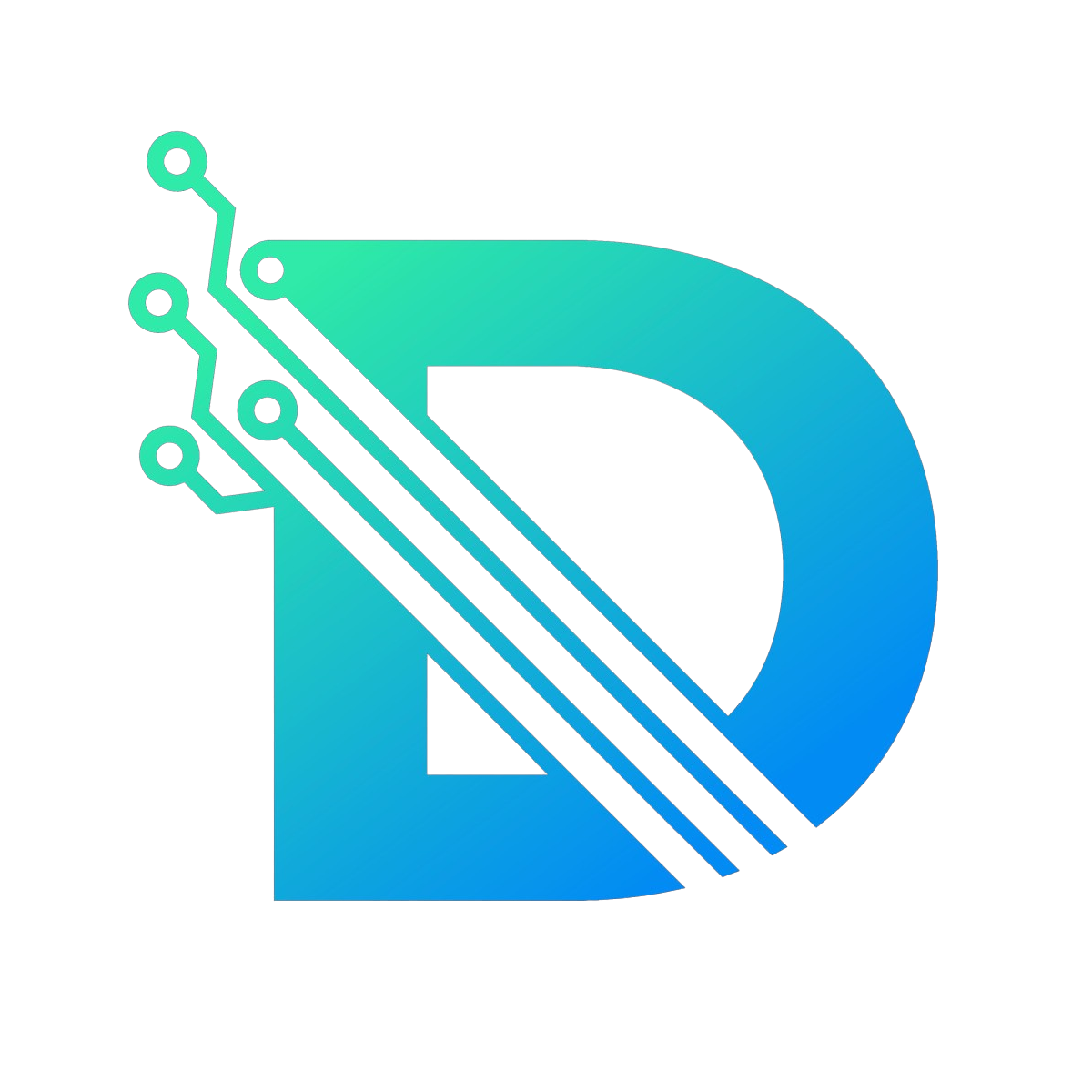The action develops through five independent but synergistic working groups (WG), each responsible of three different task
WG1: Community standards: data, workflows and codes for materials design.
Representative areas of research: data digitalisation best practices; robust protocols for data acquisition of interest to the Action; quality standards and open-source codes for materials design.
WG2: Representations and algorithms for materials design for “single-modality” use.
Representative areas of research: uncertainty-aware predictions and uncertainty-propagation methods; representation design in materials science; learning of heterogeneous and complex data beyond single-valued functions.
WG3: Multi-modal machine learning methods for advanced materials design.
Representative areas of research: multi-fidelity approaches; data-fusion approaches; multivariate optimisation
WG4: Process-structure-property relationships in materials. Novel insights and applications.
Representative areas of research: theory and discovery of energy and charge generation, conversion, and storage; materials processing for sustainability & recycling; materials discovery and new functional materials.
WG5: Training, Dissemination, Exploitation, and Outreach.
Representative areas of activity: diversity, inclusion, and equality; training and knowledge exchange programmes; general public, industry and policymakers engagement.
